Admin assistants streamline operations by organizing documents, managing schedules, and maintaining accurate records. Their work reduces delays, improves communication, and keeps projects on track. With the right tools and clear responsibilities, they become a key driver of efficiency across teams.
When I was running ops at a 25-person startup, the biggest time sink wasn’t strategy. It was chasing missing details. I remember one week when three different versions of the same sales proposal were floating around: one in Google Docs, one in someone’s email, and one sitting on a desktop. We lost an entire afternoon trying to reconcile which was current before it went to the client. At the same time, our product lead missed a check-in because the calendar invite never got updated after the schedule shifted.
Once we hired an admin assistant, those headaches pretty much disappeared. He created a shared folder structure where final documents were always labeled and archived, set up version control rules so teams weren’t overwriting each other’s work, and took ownership of the master calendar. He even created reminders for recurring deadlines so no one had to keep mental lists of what was due.
Within a few weeks, people stopped asking, “Who has the latest file?” and started asking him, “Can you pull that record?” It was the difference between everyone firefighting and everyone being able to focus on their core work.
That’s the hidden power of a great admin assistant: they eliminate small frictions before they snowball into bottlenecks.
The Vital Importance of Administrative Efficiency
Every organization runs on hundreds of small transactions, emails answered, documents filed, meetings scheduled, and reminders sent. On their own, each is minor. But when those tasks are inconsistent, misplaced, or forgotten, they ripple outward into missed deadlines, duplicated work, and frustrated teams. That’s why administrative efficiency isn’t just a support function; it’s the infrastructure that allows the rest of the business to operate at full speed.
I’ve seen this firsthand in growing companies where the leadership team was technically brilliant but constantly slowed by basic admin gaps. It wasn’t a lack of skill; it was that they were spending mental energy tracking details instead of moving projects forward. When an admin assistant builds reliable systems for communication, scheduling, and recordkeeping, they remove that drag. The result isn’t flashy, but it’s measurable: fewer delays, cleaner handoffs, and more time spent on high-value work.

